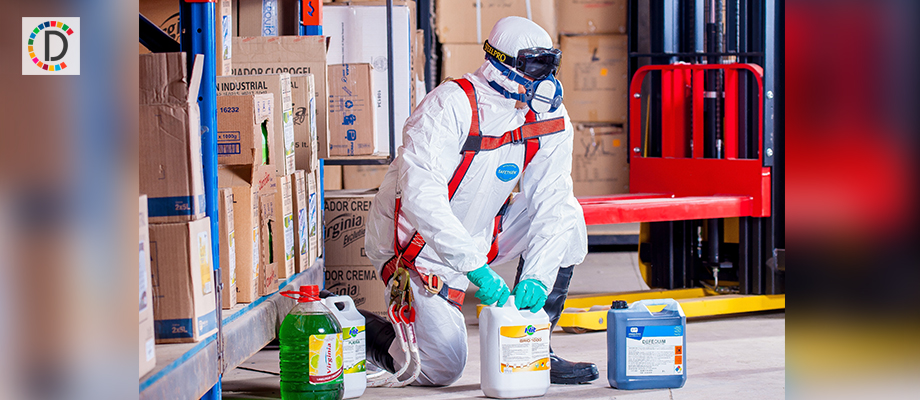Hanoi's Smog Crisis: The Push for Electric Solutions
Hanoi, the capital of Vietnam, faces severe air pollution, ranking as one of the world's most polluted cities. The government plans to promote electric vehicles to combat this issue. The smog, primarily from traffic and industrial activities, affects residents' health, prompting calls for swift action.

- Country:
- Vietnam
Hanoi, Vietnam's vibrant capital, is grappling with a severe air pollution crisis, topping global lists of most affected cities. Recent data from AirVisual highlights staggering PM2.5 levels, with readings reaching 266 micrograms per cubic meter, raising alarm among residents and officials.
This alarming smog situation stems from heavy traffic, rampant trash burning, and industrial emissions, representing a significant challenge for a nation already experiencing rapid economic growth. Residents, both elderly and young, have voiced their respiratory concerns, noting a noticeable decline in air quality.
The Vietnamese government is doubling down on efforts to transition to electric vehicles, with Deputy Prime Minister Tran Hong Ha urging accelerated adoption. By 2030, Hanoi aims for a comprehensive shift to electric buses and taxis as part of a broader strategy to tackle this environmental emergency.
(With inputs from agencies.)
ALSO READ
Vietnam's Economic Winds Shift: Navigating Tariffs and Growth
Trade Tariffs Threaten Vietnam's Economic Growth
U.S. and Vietnamese Businesses Rally Against 'Shockingly High' Tariff
U.S. and Vietnam Appeal for Tariff Delay to Safeguard Bilateral Trade
Vietnam Seeks to Delay U.S. Tariffs and Bolster Trade Ties










